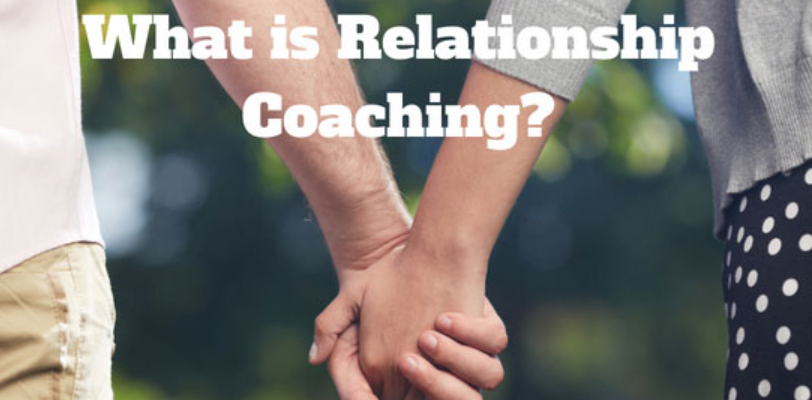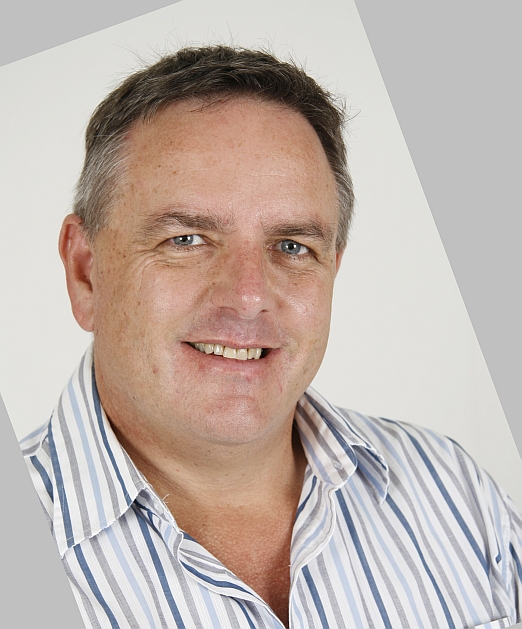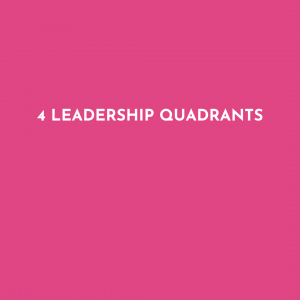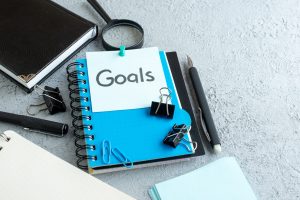One of our most experienced Relationship coaches, Marie-Claire joined us to answer some of the most common questions that we get from people that are looking for relationship coaching. This is the first of two blog posts based on these discussions.
Q: My relationship and sex life are very personal to me – how do I talk about it?
‘A lot of people have been brought up in a way that they don’t talk about sex or they are not comfortable talking about sexuality. For those out there that are parents, it’s really important to raise your children with a real sex-positive attitude’.
‘To answer your question: It’s really tough. I’m a grandmother; I have four grandchildren and four children, so I have experience talking to all ages about sex. I try to make sex normal, like a normal everyday conversation. It’s something that I’m really relaxed to talk about; I’ve been talking about it for a long, long time’.
‘I’ve been doing relationship coaching for over ten years, and I was a stress relief coach before that. I’ve been a teacher for 31 years, and I also taught sex-ed in school. So I’m used to talking about sex and my clients tell me that they feel very comfortable talking to me about sex. So my tips are: Don’t worry, you can just feel relaxed. Just say what’s on your mind and use any kind of language that you want. There’s no judgement in relationship coaching so you can say what you’re feeling and that’s going to be fine. I don’t start talking about sex straight away. I’ll ask you how you are. If you’re a couple, I’ll ask you things like what attracted you to your partner when you first met. So we start easy, and we start positive. We don’t dive straight into things that are really hard and negative. Coming from a place of compassion and love for your partner is the way I start off. I love the sandwich method. That way, we can end with some positives’.
Homework and home play
‘I always give a home play assignment for my couples. Marriages are about work, but they are also about play. I give on assignment, for example, a communication assignment, but I also give a play assignment. That’s what it’s about. I wrote a book called the honeymoon playbook. It’s a great book to help couples check in to see how they can get that honeymoon feeling again. The home play assignment could be something from my book, but it depends on what each individual couple needs. I’m also a dating coach so I will consider what each dating person needs to move forward into positivity so that they can attract the right kind of person and feel comfortable themselves’.
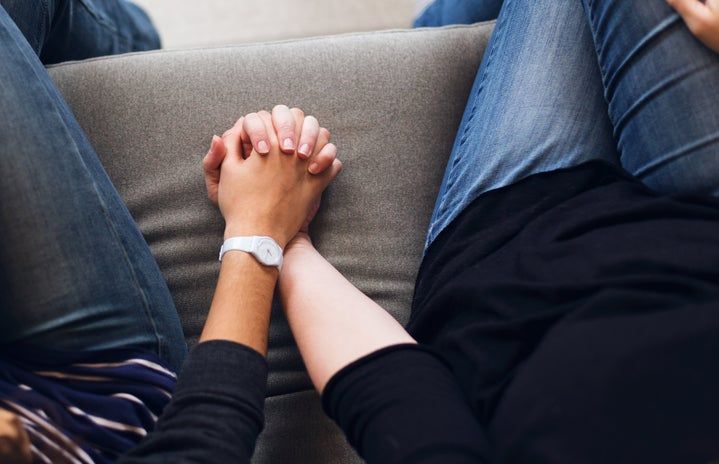
Q: What is the difference between marriage counselling and relationship coaching?
‘Marriage counselling and couple counselling go together because you need to be a therapist or social worker to be able to do those two jobs’.
‘Therapists usually emphasise a lot of feelings, they go to the past and see ok, what went wrong with your past. They pathologise, actually diagnose pathology. Whilst when we do relationship coaching, we look forward. We check and see what are the issues now, what are the behavioural issues that are happening now. And how can we help you move forward? We also help our clients in that we hold them accountable. So whatever issues we talk about, whatever we agree we discuss it again and I hold my clients accountable to what we’ve decided together in a session’.
Relationship coaching – how to find the right coach
‘If you want to get relationship coaching, I would check to see that your relationship coach has an education in relation to the work they are doing. Check to see what their accreditations are. I’m certified by the American Association for sexual educators, counsellors and therapists. To be certified by them, you need to have 1000 hours of experience, and you have a supervisor checking your work. So certifications are very important to make sure you get good advice.
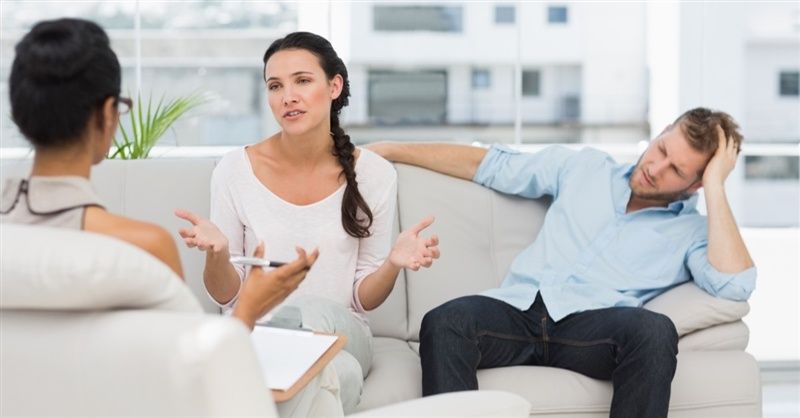
A lot of therapists don’t go into the dating world, because that’s really relationship coaching. I actually use therapists in my practice, whenever there’s a problem with regards to the past, for example, PTSD, trauma from childhood, I will refer to a therapist. But if anyone has gone through that already and they want to move forward I help them move forward by using home practices so that they can let go of the past, let go of what doesn’t serve them anymore and move forward into a beautiful, balanced life. Either in dating or with their partner. I’d also recommend asking for testimonials from any relationship coach you consider.
Preparing for a relationship coaching session
‘To prepare for a relationship coaching session takes a lot of work and a lot of research. I use science-based research in all of my work. So that you know that it’s time tested and the work I do works well all across the board. It’s not easy dating today; it’s tough to navigate the dating world. So I look to science and research to help people navigate the dating world. I spend all my time researching this, so you don’t have to’.
Q: How much time do you have to commit to relationship coaching?
‘I give home play, and I give homework, so you need to be motivated to complete that. When I see a client, I need a commitment from both parties if it’s a couple. And I ask them to give me a score on 1-10 on how committed they are to this couple. Or, if it’s an individual, how committed you are to dating and the assignment that I’ll give you’.
Q: Do you need to be a couple to get relationship coaching?
‘It’s always preferable if you’re both there because I do a lot of Gottman’s Relationship coaching and Gottman’s is a really great test to see where a couple is right now. It’s very comprehensive, and it’s the best tool that I have for couples to see exactly what’s going right and what’s going not so great in your couple. I have a treatment plan to help that couple move forward so they would need to both be there for that’.
‘I have experience helping clients move past infidelity and into an even richer loving life and feeling more connected’ than ever. These couples are asked to make up a new code of ethics that their couple must live by, and we work on building trust. I find it so rewarding, and at the end of these sessions, we celebrate a private renewal of their vows. They promise to be honest, truthful and finally tend to each other’s deepest needs. They often have a celebration with their families and friends also, which I find pretty special’.

‘Whether you’re seeing me as a couple or on your own. I come from a place of compassion; I care about your couple. I’m in your corner. To make sure that things go better to learn and communicate better, and I’m going to cheer you on. My sessions are very positive and encouraging so that you will feel really good. You will do your home play assignment, you’ll report back, and I’ll encourage you and be really positive. I’m your cheerleader. I’m in your corner’.
Q: What if my partner won’t come with me?
‘If your partner refuses, but you want to move forward you can come and represent your couple, and you go home to become the ‘teacher’ or the ‘relationship coach’. You have to be super positive and encouraging, and I’d help you do that. I would help you with the language and communication. And you can go back and really set your couple up for success. So if you’re in this situation that your partner doesn’t want to come, have them give me a call when they feel comfortable. When they see that it’s working and they see that I’m really helping them move forward, they might be more open to come in and see that I’m not as scary as it seems. This is scary for a lot of people’.
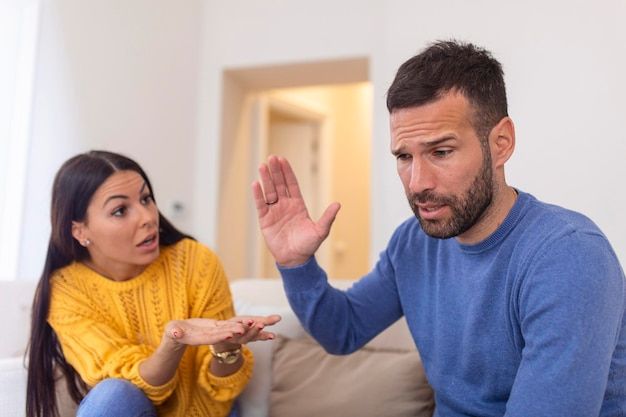
‘It has happened a few times that one person shows up first and then their partner joins after a few sessions, in a heterosexual couple it’s usually the women coming first, and then the guy shows up. And the guys would usually tell me they were really nervous for nothing. Two of these clients have told me, ‘I was only nervous for two minutes’. In the workshops I’ve done in the past, all the men that I’ve met. Their primary goal is to give their woman pleasure. Because it gives them pleasure, it makes them feel like they are a great lover, and it really makes them feel connected and loved’.
Feeling wanted
‘You want to feel wanted. You want your partner to want you, and when you learn these tips and tricks from years of experience, you just find that place of love and connection, and it gives you bliss. It gives you that marital or connected bliss. It just makes you be better at your job; you’re more artistic, you’re more creative. Having this love from a partner, especially if you’ve wanted it for so long. You’ve been living like roommates, and now you have this bliss. You don’t even notice the toothpaste and the toilet seat; you don’t even notice those little things that used to drive you crazy. I did a workshop called ‘the afterglow’, and that’s how you end up being. This is your only life. You can choose a really good path to move forward in it’.
This is the first of two interviews with Marie-Claire; you can read the second interview about intimacy coaching and cancer here.
Marie-Claire is currently accepting new clients, go to her profile to book a 15-minute free call.
Are you a coach or professional expert?
You can schedule appointments, meet clients and manage payments all in one place.
Our coaches are professional coaches and experienced mentors
You have what it takes to make a change in your life, career and business.
